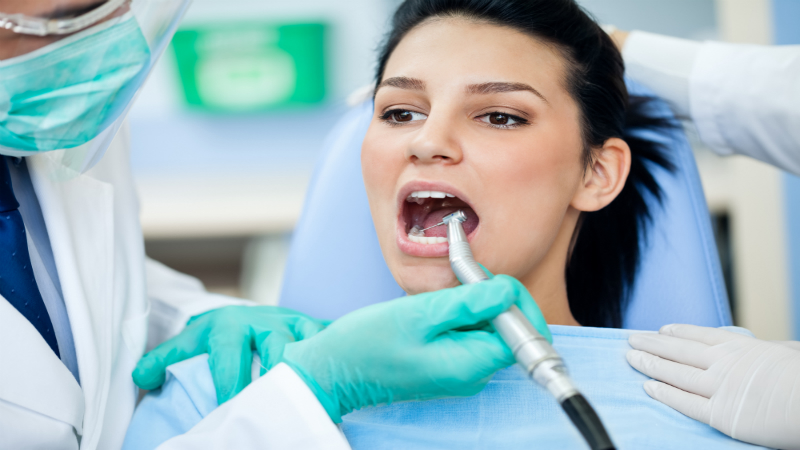Practitioners of oral and maxillofacial surgery in Indianapolis IN are dental specialists who perform operations ranging from wisdom teeth extraction to reconstructing the jaw after a vehicle accident. They also do bone grafting on the jawbone for patients who have lost so much bone density that they cannot have dental implants until the density is improved.
Tooth Loss
Why does bone in the jaw sometimes deteriorate? The most common reason is missing teeth. Without a natural tooth root or dental implant to stimulate the bone during chewing, new bone cells are no longer produced in that area. Partial or full dentures cannot prevent this problem unless they are anchored with implant rods. Over time, the bone atrophies. Years later, if the person decides implants are desirable or can afford them now, grafting may be necessary.
It does not matter how the teeth were lost. They may have been removed by a dental professional, knocked out in an accident or fell out because of extensive tooth decay or serious gum disease. In fact, serious periodontal disease attacks the jawbone and causes it to deteriorate, which then can lead to loose teeth.
Smoking
Smoking and chewing tobacco also causes bone loss in the jaw. Once the person quits, the bone should gradually rebuild its strength and density. However, a patient who still smokes or has been smoking until recently is likely to need bone grafting before dental implants can be placed at a practice such as Moore-Berry Dentistry. Visit website domain to learn more about this particular clinic.
The Process
During bone grafting Maxillofacial Surgery in Indianapolis IN, patients have new bone attached to their existing jaw structure. The surgeons may be able to harvest some of the patient’s own bone or may use a synthetic version. Another possibility is bone harvested from healthy cows, known as bovine bone. Afterward, the patient may need to wait several months for the bone to heal and to be strong enough to support implant rods. Sometimes, however, bone grafting and implant placement can be done during the same appointment if the existing bone is not too severely depleted.



